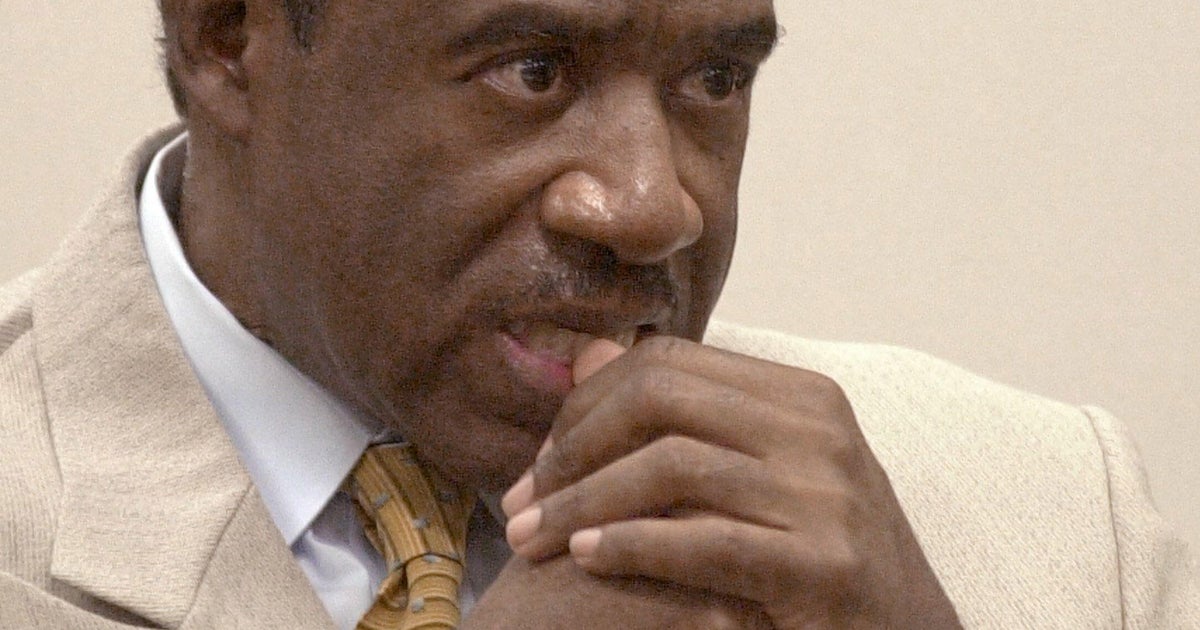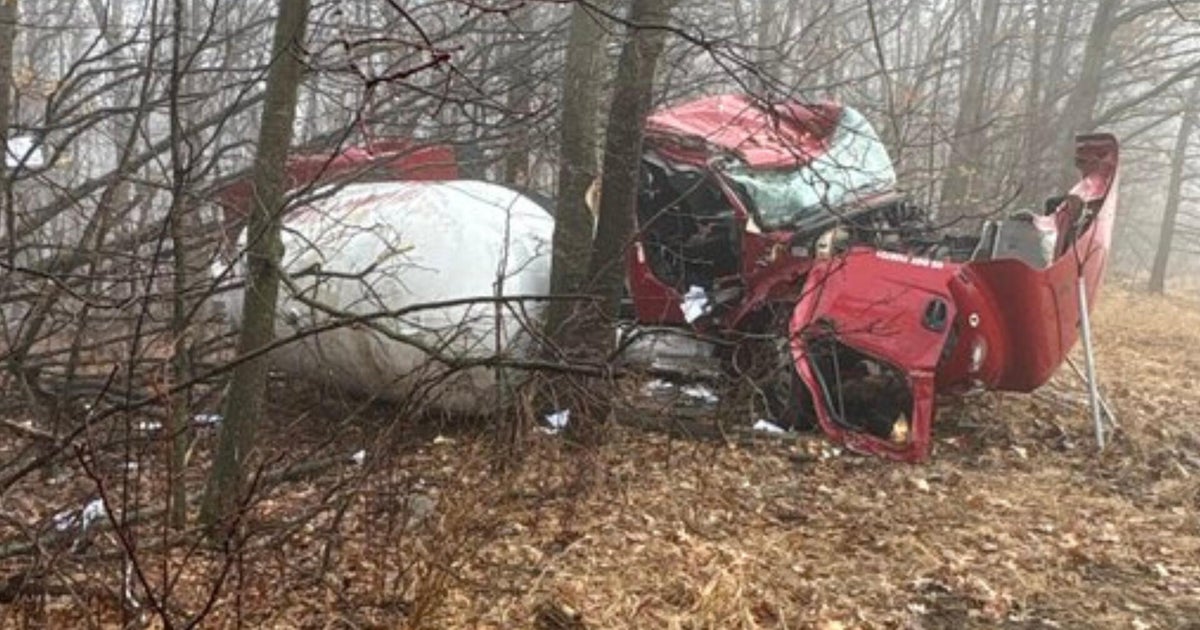I-Team: Essex County Sheriff's Fundraising Questioned
BOSTON (CBS) - Essex County Sheriff Frank Cousins is on a pretty good roll. He took office back in 1996 and he's been winning re-election ever since.
But now an I-Team investigation is questioning how he raised hundreds of thousands of dollars to finance these campaigns and asking whether the sheriff may be on the wrong side of the law.
"Everyone is expected to donate," says one employee who asked to remain anonymous because he fears retaliation by the sheriff. "If you don't donate, you're not promoted, you don't get anywhere."
WBZ-TV's Kathy Curran reports
The employees we talked with say that's the unwritten rule in the Essex County Sheriff's Department: write a check to Cousins' campaign fund or it's a dead end job.
"It's an atmosphere of fear and intimidation. It's a very stressful place to work," the employee says.
Eight current and former employees of the sheriff's department tell the I-Team pressure to contribute is standard operating procedure and after sifting through years of the sheriff's campaign contributions the I-Team found Cousins has gotten a huge boost from his employees.
Our investigation found more than 300 sheriff's department employees and their immediate family members donated over 400 thousand dollars to his political war chest since 2005.
"That is a tremendous number of contributions and a huge amount of money; in fact, I wouldn't be surprised if that was a record," says Pam Wilmot, executive director of Common Cause Massachusetts.
Cousins' fundraisers happen year-round. Every March at Ristorante Saraceno in the North End Cousins has a $250-a-head fundraiser some employees call the "million dollar meatball."
And then there's the sheriff's birthday party every May, which our sources say employees are pressured to attend.
"It's a 100 a ticket; he likes a big showing," the employee says. "Supervisors will come up to you and say the sheriff would like to see you there... I've seen people get called at work to see if they're coming to an event."
Says Wilmot: "These are all serious allegations. It's illegal to pressure an employee to make a contribution and even to ask them to make a contribution... It's against ethics laws and campaign laws."
Sheriff Cousins declined our request for an interview, but we caught up with him one morning as he was leaving his house.
"No one is forced to contribute," Cousins said, before getting into his car and driving away.
But if no one is pressured to contribute, why did the sheriff do an about-face when it comes to fundraising when the I-Team first began asking questions.
In a statement to the I-Team, Cousins said from now on, "The only employee contributions he will accept will be from members of his command staff who wish to contribute."
The statement went on to say: "No decisions related to hiring, promotion or discipline were related to political contributions... No employee was required or pressured to attend any event."
The employee who spoke with the I-Team says that's not the case. If an employee does not contribute, "You won't lose your job, but you won't get promoted, you won't get anywhere. You'll get treated differently."
"Some people can't afford to pay this money... and if you can't it's well-known and you can feel the wrath coming from up top," the employee says.
In his statement, Cousins calls these allegations "anonymous personal attacks" by disgruntled employees and says he's not surprised by them, given that budget cuts in the last three years have resulted in layoffs, furlough days and salary reductions.
According to campaign finance laws, not only is pressuring employees for contributions illegal, but doing so in a government building is also against the law.







